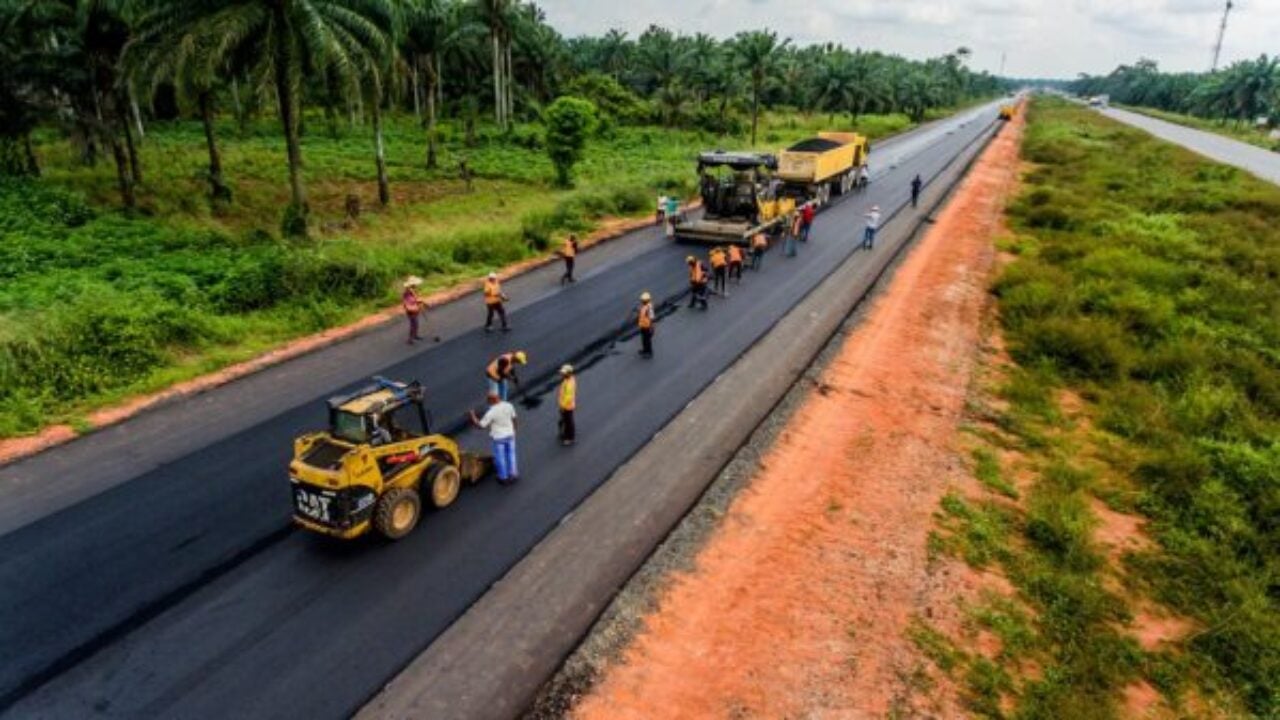
Nigeria, Africa’s most populous nation, faces a significant challenge: rural underdevelopment. Millions of Nigerians reside in rural areas, often lacking access to basic amenities and economic opportunities. One crucial factor hindering their progress is the dearth of adequate transportation infrastructure, particularly accessible roads. This article explores how road construction can serve as the bedrock for rural development in Nigeria, paving the way for a brighter future for its rural communities.
The Struggles of Rural Isolation:
Rural Nigerians face numerous challenges due to poor road networks. Farmers struggle to transport their produce to markets, leading to post-harvest losses and hindering their ability to generate income. Students often lack access to educational institutions due to long and difficult commutes. Additionally, essential healthcare services remain out of reach for many, as ambulances and medical personnel face difficulties navigating impassable roads. This isolation contributes to poverty, hinders access to education and healthcare, and stifles economic growth in rural areas.
Road Construction as a Catalyst for Change:
Investing in well-maintained and accessible roads can be a transformative force for rural Nigeria. Here’s how:
- Improved Market Access: Efficient road networks allow farmers to transport their agricultural produce to markets in urban areas and beyond, reducing spoilage and increasing their profit margins. This incentivizes agricultural production, boosting rural incomes and fostering food security for the nation.
- Enhanced Educational Opportunities: Improved roads enable students in rural areas to conveniently access educational institutions, promoting literacy and skill development. This empowers them to pursue higher education and better employment opportunities, contributing to a more skilled and educated workforce for the nation.
- Accessible Healthcare: Good roads allow for the timely delivery of essential healthcare services to remote rural communities. Ambulances can reach patients in critical situations, while doctors and nurses can easily travel to rural health centers, improving health outcomes and reducing preventable deaths.
- Economic Growth and Job Creation: Improved road connectivity facilitates trade and commerce between rural and urban areas. This stimulates economic activity in rural communities, attracting investments and creating jobs in transportation, logistics, and other sectors. Additionally, it opens up new markets for local businesses, fostering entrepreneurship and economic diversification.
Challenges and Considerations:
While the benefits of road construction are undeniable, certain challenges need to be addressed:
- Sustainable Funding and Maintenance: Securing sustainable funding for road construction and maintaining existing infrastructure is crucial. Public-private partnerships and innovative financing mechanisms can play a vital role.
- Environmental Impact: Careful environmental impact assessments and sustainable construction practices are essential to minimize the negative impact on ecosystems and local communities.
- Community Participation: The involvement of local communities in the planning and construction process ensures their needs are met and fosters a sense of ownership over the infrastructure.
Conclusion:
Investing in road construction is not just about building highways, but about building a brighter future for rural Nigerians. By connecting communities, facilitating access to essential services, and stimulating economic activity, well-planned and implemented road projects can serve as the bedrock for rural development in Nigeria. It is a journey that requires collective effort, sustainable practices, and unwavering commitment to building a more inclusive and prosperous nation for all.

